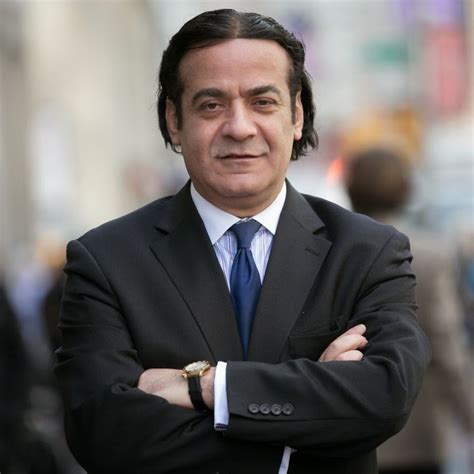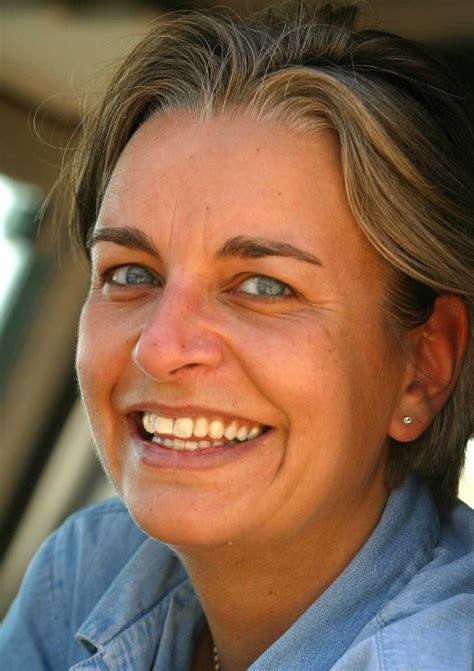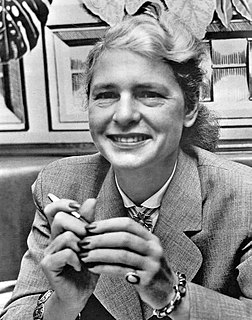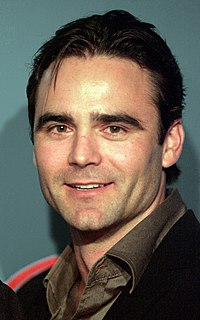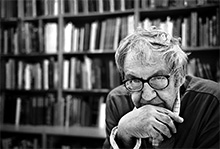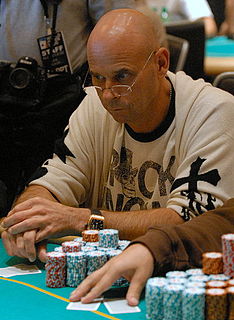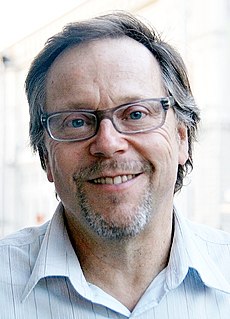A Quote by Ren Ng
Basically, with a regular camera, you have to take time or allow the camera to focus before you take the shot.
Related Quotes
The camera has a mind of its own--its own point of view. Then the human bearer of time stumbles into the camera's gaze--the camera's domain of pristine space hitherto untraversed is now contaminated by human temporality. Intrusion occurs, but the camera remains transfixed by its object. It doesn't care. The camera has no human fears.
McLeod's Daughters was my first regular job out of drama school, and my first full-time role. That was great because I learned a lot, in terms of working in front of the camera. I learned a lot of technical aspects that you take for granted once you know them, but you have to learn them somewhere, along the way. It was a bit of a training ground for me, working in front of the camera and also dealing with media.

